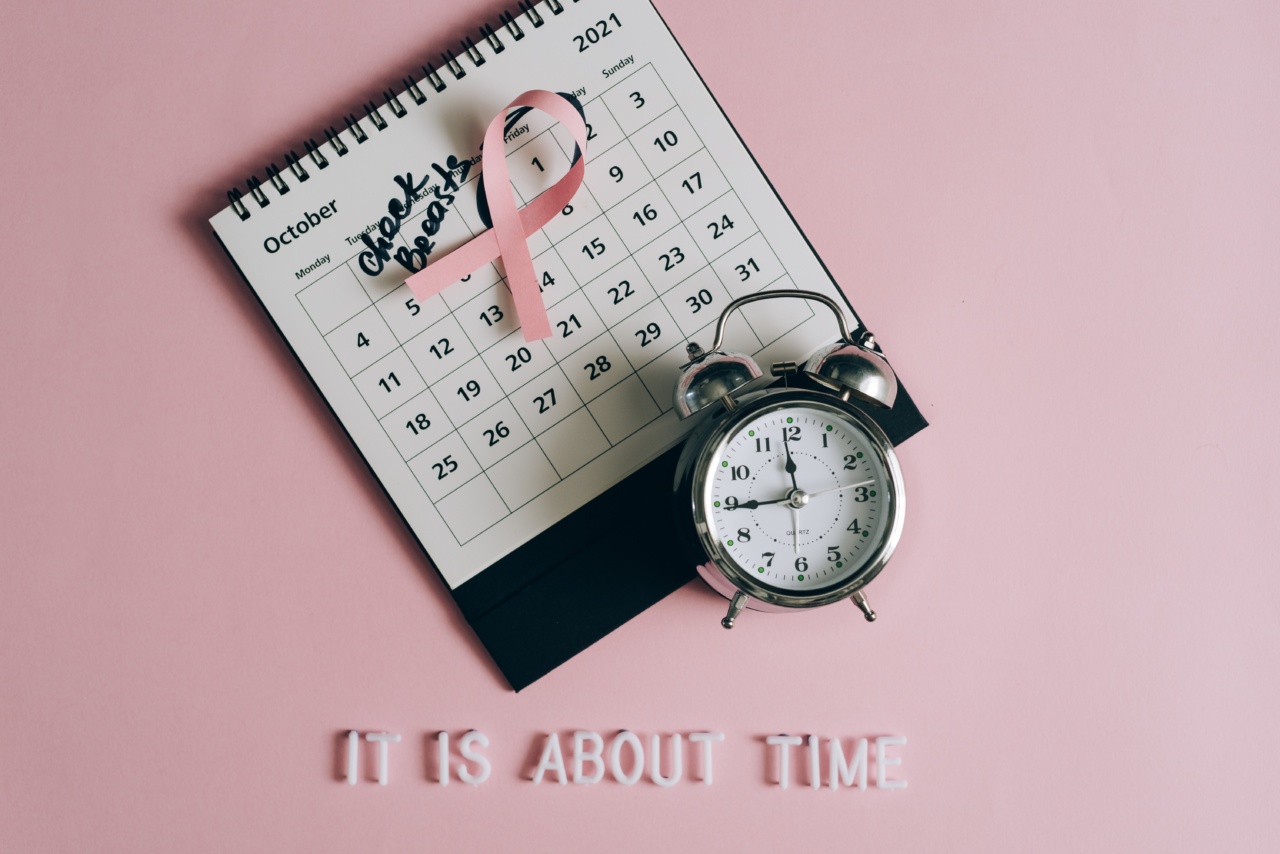Human papillomavirus (HPV) is one of the most common sexually transmitted infections worldwide. It is estimated that 80% of sexually active individuals will be infected with HPV at some point in their lives.
While most cases of HPV resolve on their own without causing any serious health problems, certain strains of the virus can lead to cancer if left untreated. In this article, we will explore everything you need to know about HPV and cancer prevention.
What is HPV?
HPV is a group of more than 100 related viruses, with each strain being assigned a number. Some strains of HPV can cause warts on various parts of the body, such as the hands and feet. These are considered low-risk strains.
Other high-risk strains of HPV can cause cancers, including cervical, vaginal, vulvar, penile, anal, and oropharyngeal cancers.
How is HPV Transmitted?
HPV is primarily transmitted through sexual contact, including vaginal, anal, and oral sex. It is also possible to contract the virus through close skin-to-skin contact, even without penetration.
HPV can be passed from one person to another even when an infected individual does not have any visible symptoms or warts.
Signs and Symptoms
Most people infected with HPV do not have any symptoms and are unaware that they have the virus. This is why HPV is so easily spread. In some cases, individuals may develop visible warts on the genitals, anus, or throat.
These warts may be single or multiple, raised or flat, and can vary in size.
HPV and Cancer
While the majority of HPV infections do not lead to cancer, persistent infection with high-risk strains can increase the risk of developing certain types of cancer.
Cervical cancer is the most commonly associated cancer with HPV, accounting for the majority of cases. Other types of cancer that can develop as a result of HPV infection include vaginal, vulvar, penile, anal, and oropharyngeal cancers.
Prevention through Vaccination
Vaccination against HPV is one of the most effective ways to prevent HPV-related cancers. The HPV vaccine is recommended for both males and females, typically starting at the age of 11 or 12 years.
The vaccine is given as a series of shots over a specific period. It is important to get vaccinated before becoming sexually active to maximize its effectiveness.
Cervical Cancer Screening
Regular cervical cancer screening, commonly known as a Pap smear or Pap test, is essential for early detection and treatment of precancerous or cancerous cervical cells.
The test involves collecting cells from the cervix to be examined under a microscope. It is recommended that individuals with a cervix start screening at the age of 21 and continue at regular intervals as advised by their healthcare provider.
Safe Sexual Practices
Practicing safe sex is crucial in preventing HPV and other sexually transmitted infections. Using latex condoms or dental dams consistently and correctly during sexual activity can greatly reduce the risk of HPV transmission.
It is important to note that condoms do not provide 100% protection as HPV can infect areas not covered by a condom.
HPV Testing
There are specific HPV tests available that can detect the presence of high-risk HPV strains in individuals, regardless of visible warts or symptoms. These tests are generally used in combination with cervical cancer screening for higher accuracy.
HPV testing is not recommended for routine screening in individuals below the age of 30, as transient HPV infections are common in this age group and often resolve on their own.
Genital Warts Treatment
If you develop visible genital warts as a result of an HPV infection, various treatment options are available. These include topical medications, cryotherapy (freezing the warts), electrocautery (burning the warts), or surgical removal.
It is important to consult a healthcare professional for proper diagnosis and treatment.
Importance of Regular Check-ups
Regular check-ups with a healthcare provider are essential for maintaining good sexual health and preventing or detecting HPV-related issues.
Healthcare professionals can provide guidance on HPV vaccination, screening, and answer any questions or concerns you may have about HPV and cancer prevention.
Conclusion
Human papillomavirus (HPV) is a common sexually transmitted infection that can lead to various types of cancer if left untreated. While HPV is highly prevalent, there are several measures individuals can take for prevention.
Vaccination against HPV, regular cervical cancer screening, practicing safe sexual behavior, and maintaining regular check-ups with healthcare professionals are all crucial steps in preventing HPV-related cancers. By being proactive and informed, we can effectively reduce the burden of HPV and protect our health.































